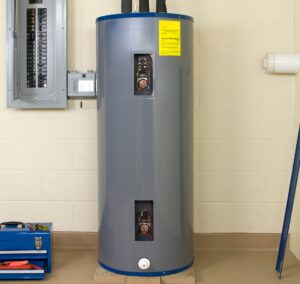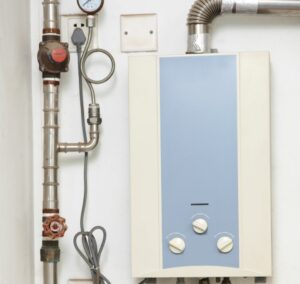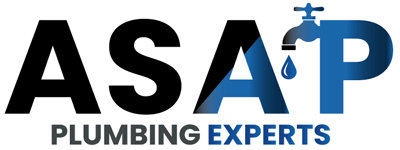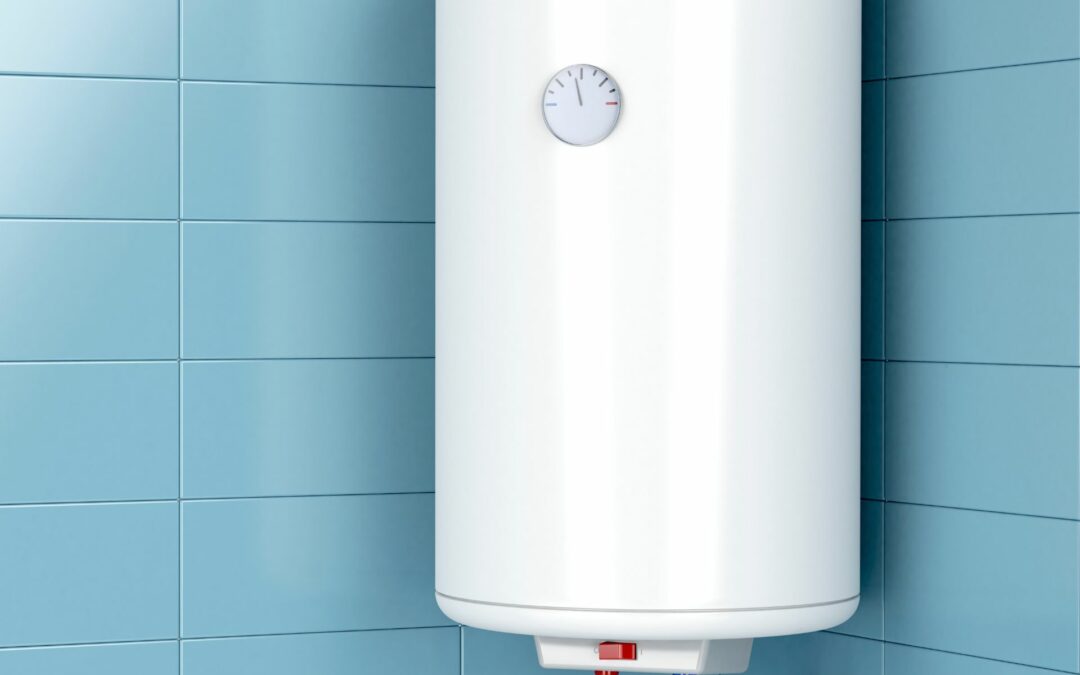For the past decade or two, your water heater successfully kept your water potable and well heated when needed. One day you notice your water heater has started to take longer to work effectively, and your appliance shows more wear and tear than before. These might be signs that it’s time to replace your water heater, but how do you choose a new water heater? Can any new water heater live up to the standard of your old, reliable one? We are going to look at the different types of water heater systems and then explore how you can determine which one will be a worthy replacement for your previous system.
Types of Water Heater Systems
There are many different types of water heater systems from which to choose. However, we are going to dive into the two most common systems in residential households. These systems are the conventional (or tank) water heater and the tankless (or on-demand) water heater.
Conventional Water Heater
The conventional water heater consists of a tank that stores between 30-80 gallons of water. These heaters tend to be large in size and are typically stored outside the home. The water inside the tank is typically kept cold until someone sets a thermostat to hot. Then the gas or electric power element starts to heat it from the bottom. The cost-effectiveness and low maintenance of this system make it the most widely used water heater in U.S. households.

Tankless Water Heater
The tankless, or on-demand, water heater only begins water flow when a tap is open. Instead of from the bottom of a tank, the water is heated through the heat exchanger and goes directly to the tap or faucet. This system’s popularity is attributed to its energy efficiency in addition to not having to worry about a tank.

Considerations For Your New Water Heater
Now that you know about the two main types of water heater systems, let’s explore additional considerations for finding a new water heater. Deciding between a conventional or a tankless water heater is the first step. Here are three other considerations you should make when shopping for your new water heater.
Fuel Source
The two commonly used fuel sources for water heaters are natural gas and electricity. Both fuel sources are found in conventional and tankless water heaters. Natural gas water heaters are known to have a speedier heating process than their electric counterparts. Despite not being as quick, electric heaters are more thorough and efficient in the extent to which they heat water. Electric heaters can come in a variety of sizes and are easy to purchase and install. Both options have their unique advantages and disadvantages. Consider what qualities you value most in a water heater in order to choose which fuel source you want for your new water heater.
Price
The price of your water heater includes both the cost to purchase, installation, and upkeep costs. Some water heaters might be inexpensive at the initial purchase but still come with high operational costs. By stepping back and examining your budget, you can determine which water heater will suit your needs in the long term.
Maintenance
Finally, consider the effort and time you are willing to put into maintaining your new water heater. Some heaters will require more maintenance than others. Tankless water heaters, for example, need to be flushed at least twice a year to prevent sediment buildup, and conventional water heaters need their tank cleaned every so often. Consider what kind of water heater either has the least maintenance requirements or if you are willing and able to keep up with the necessary upkeep to ensure the functionality of your water heater.
We Will You Help Find Your New Water Heater!
Hopefully, you now have a better idea of what you want out of your new water heater system. If you still need assistance in your search or are ready for the installation process, our plumbers at ASAP Plumbing Experts will help you. Contact us today to begin your search for a new water heater.

